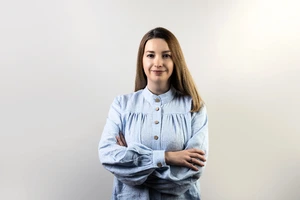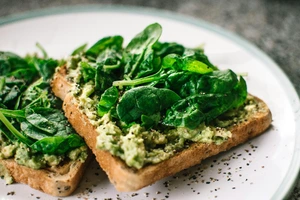Research shows that the number of people adopting a vegan diet will grow to 8.3 million by 2033. A KTU PhD student researching the phenomenon of veganism in Lithuania says that this dietary choice is often misinterpreted in the public sphere, which can be detrimental to its understanding.
Rūta Pelikšienė, a second-year PhD student in sociology at the Faculty of Social Sciences, Humanities and Arts of Kaunas University of Technology, explains that veganism is a complex phenomenon, which encompasses not only a person’s choice of diet, but also a desire to contribute to reducing climate change.
“There are not many people who consider themselves vegan yet, so without direct exposure and experience of the phenomenon, the perception of veganism is mainly created by the media. Depending on how the discourse is created, the phenomenon can be normalised or, on the contrary, portrayed as an oddity that deviates from a normal lifestyle,” says Pelikšienė.
An alternative to polluted food systems
Pelikšienė’s pilot study revealed that most vegans base their choice on ethical and moral principles, mostly related to animal rights. However, veganism is often presented superficially in the media and public discourse, through recipes or dietary advice, as if it were just a means of dietary diversification.



